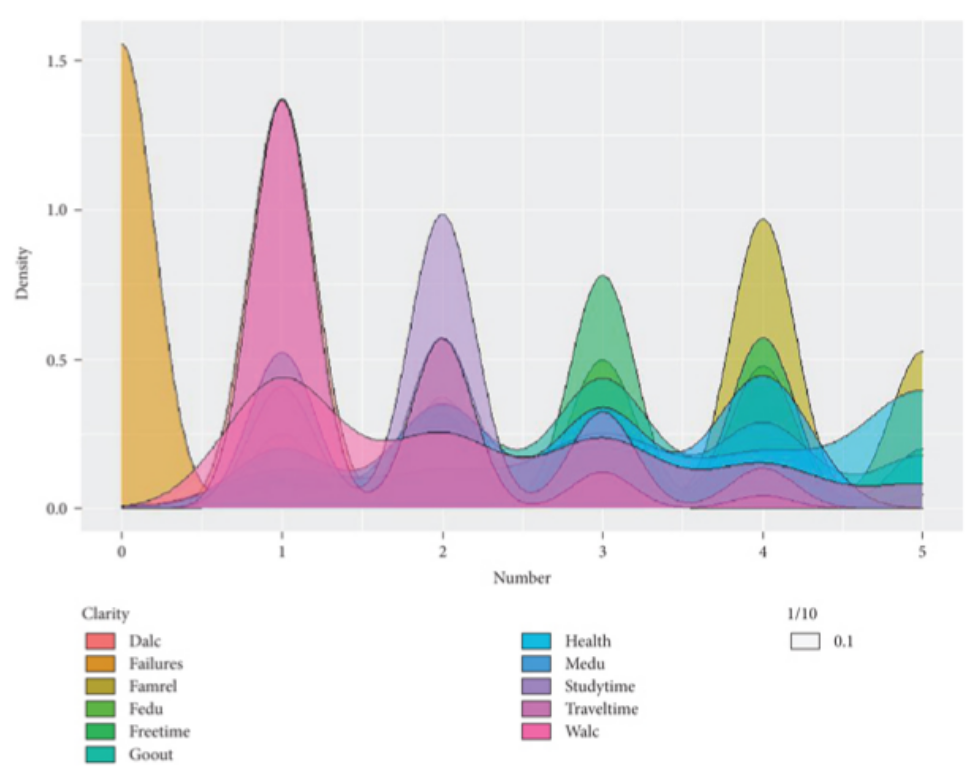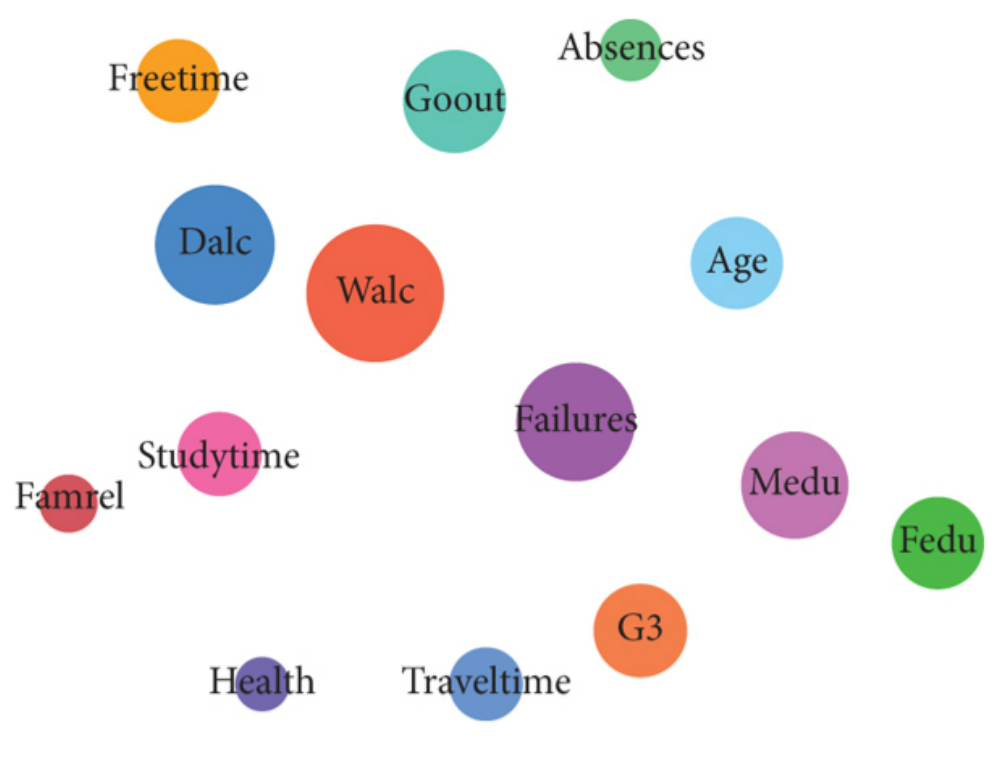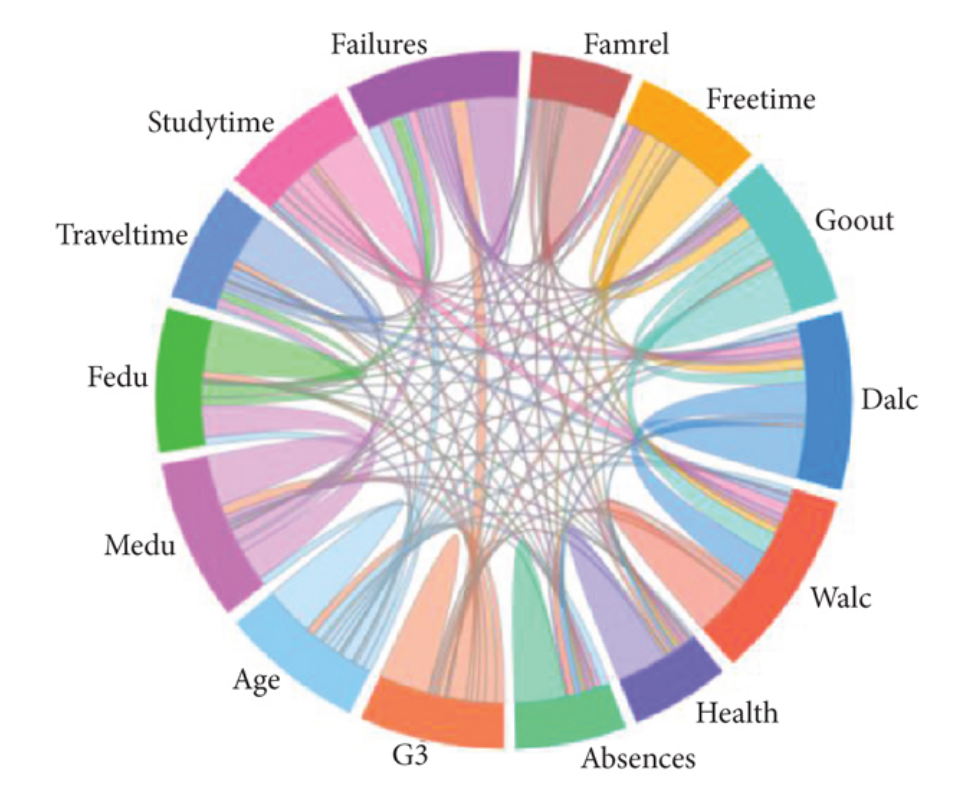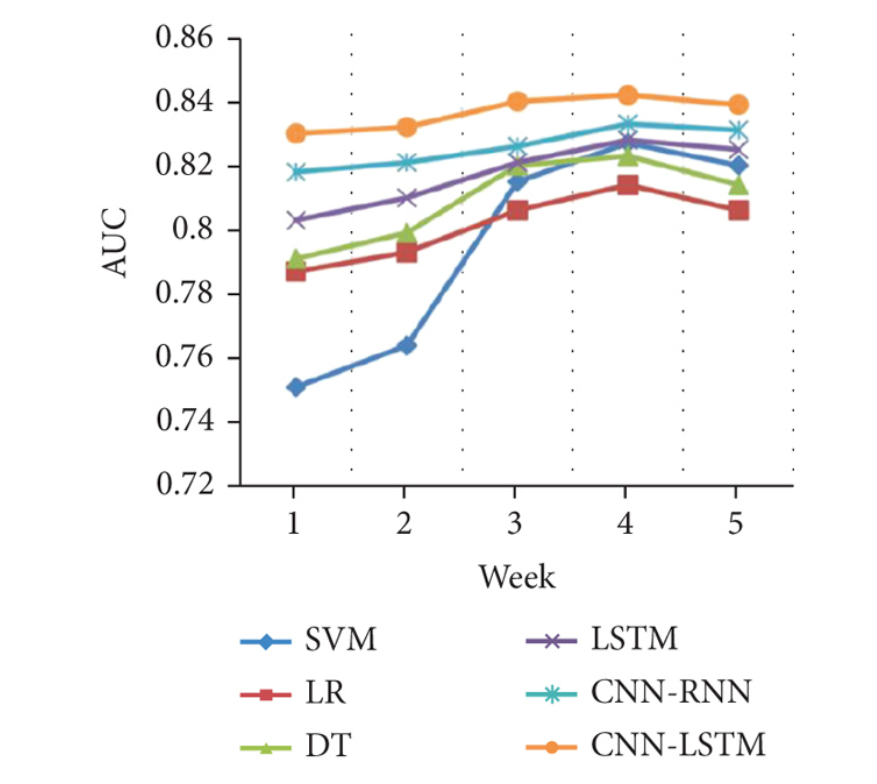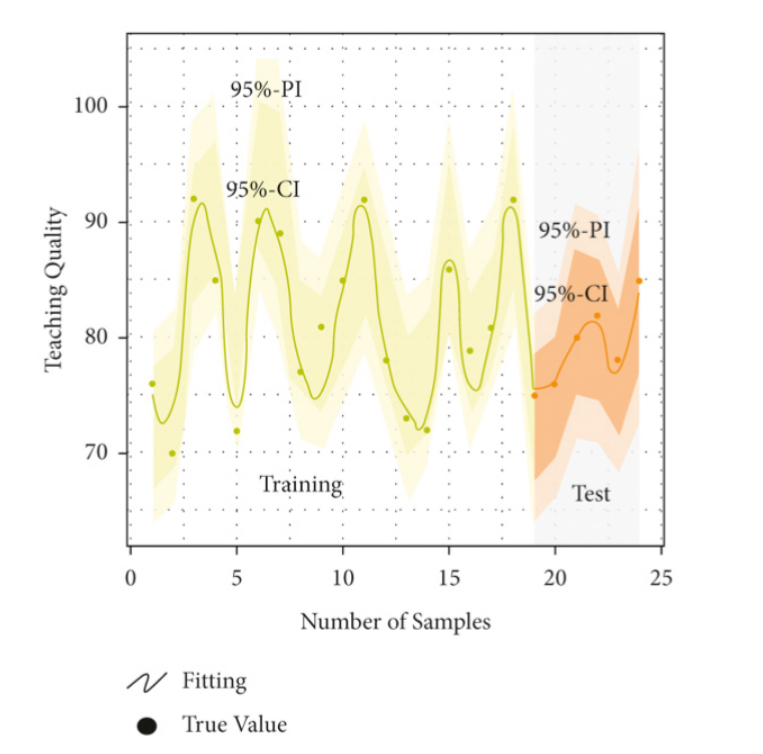 An open access journal
An open access journal
Online Peer Collaboration and Social Learning: Building Communities in Virtual Classrooms
Abstract
Online peer collaboration and social learning have become integral components of virtual classrooms, facilitating the development of vibrant learning communities. This paper explores the significance of peer collaboration and social learning in online education, emphasizing their role in fostering engagement, knowledge sharing, and a sense of belonging among learners. It delves into the strategies and tools that educators can employ to promote effective online collaboration, such as discussion forums, group projects, and peer assessment. The discussion includes the benefits of online peer collaboration, including improved critical thinking skills, enhanced communication abilities, and the development of a diverse skill set. Moreover, the paper addresses the challenges and considerations for educators in implementing successful online collaboration, including the importance of clear guidelines, equitable participation, and the role of facilitation. Through a review of empirical studies and case examples, the study highlights the positive outcomes associated with online peer collaboration and social learning, including increased student satisfaction and deeper understanding of course content. The conclusion offers recommendations for educators and institutions interested in leveraging online collaboration to build vibrant virtual learning communities, emphasizing the importance of creating an inclusive and supportive online environment.
Share and Cite
Article Metrics
References
- Garrison, D. R., Anderson, T., & Archer, W. (2001). Critical thinking, cognitive presence, and computer conferencing in distance education. American Journal of Distance Education, 15(1), 7-23.
- Harasim, L. (2017). Learning Theory and Online Technologies. Routledge.
- Kim, Y., & Bonk, C. J. (2006). The future of online teaching and learning in higher education: The survey says... EDUCAUSE Quarterly, 29(4), 22-30.
- Means, B., Toyama, Y., Murphy, R., Bakia, M., & Jones, K. (2009). Evaluation of Evidence-Based Practices in Online Learning: A Meta-Analysis and Review of Online Learning Studies. US Department of Education.
- Palloff, R. M., & Pratt, K. (2007). Building Online Learning Communities: Effective Strategies for the Virtual Classroom. Jossey-Bass.
- Picciano, A. G. (2002). Beyond student perceptions: Issues of interaction, presence, and performance in an online course. Journal of Asynchronous Learning Networks, 6(1), 21-40.
- Rheingold, H. (2014). Net Smart: How to Thrive Online. MIT Press.
- Salmon, G. (2013). E-tivities: The Key to Active Online Learning. Routledge.
- Stavredes, T. (2011). Effective Online Teaching: Foundations and Strategies for Student Success. Jossey-Bass.
- Swan, K., Garrison, D. R., & Richardson, J. C. (2009). A constructivist approach to online learning: the Community of Inquiry framework. Information Technology and Constructivism in Higher Education: Progressive Learning Frameworks, 43-57.
- These references provide a comprehensive understanding of online peer collabor.

